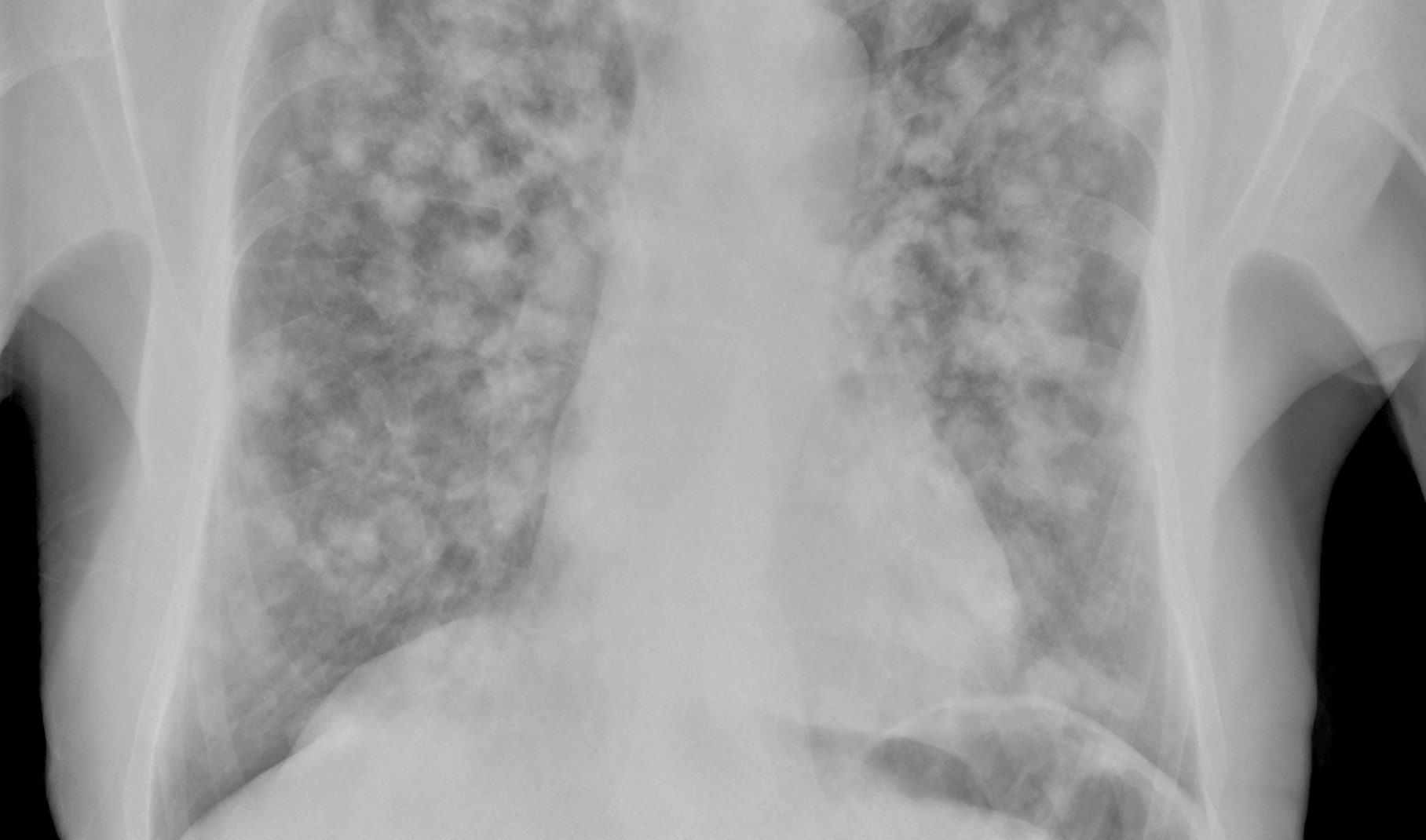On June 25, 2015, the KHM Research Award sponsored by Mepha was presented. The winner is a research group from the University of Lausanne, which investigated the extent to which financial motivations play a role in the use of a medical consultation. Surprisingly, many physicians overestimate the socioeconomic status of their patients.
In this multi-published paper, 10.7% of a total of 2026 patients surveyed from 47 primary care practices reported that they themselves or someone in their family had foregone a medical consultation in the past year for financial reasons [1]. If one compares the data with a similar study from Geneva, the values agree quite closely: There, a rate of 14% had been determined [2].
High franchises
The reasons for this are high deductibles and the waiving of supplementary insurance, which may lead to lower premiums but quickly lead to high costs in the event of illness. In addition, there are services that are not covered by basic insurance. All factors that discourage financially worse-off patients from seeing a doctor.
Also surveyed were the social, economic, and educational status, as well as deprivation, i.e., the material, social, and medical disadvantage of the patients. The question “Have you struggled to pay your household bills in the past 12 months?” was better at identifying patients who forwent medical advice than using a combination of four objective measures of socioeconomic status. The negative predictive value was 96%.
Thus, this question alone allows the physician interested in deprivation to make a good initial assessment of the patient. Of course, the question should only be asked of patients who are already suspected of having the disease.
Doctors underestimate deprivation
What the study also showed was that there was limited agreement between physicians’ assessments and patients’ reports (according to the MacArthur Scale of Subjective Social Status 0-10). Physicians significantly overestimated the overall socioeconomic status of their practice visitors [3]. According to the authors of the study, it is therefore urgently necessary to raise awareness of this issue in the medical sector.
Literature:
- Bodenmann P, et al: PLoS One 2014 Apr 3; 9(4): e94006.
- Guessous I, et al: Prev Med 2012 Nov; 55(5): 521-527.
- Chatelard S, et al: PLoS One 2014 Jan 15; 9(1): e84828.
HAUSARZT PRAXIS 2015; 10(8): 6











